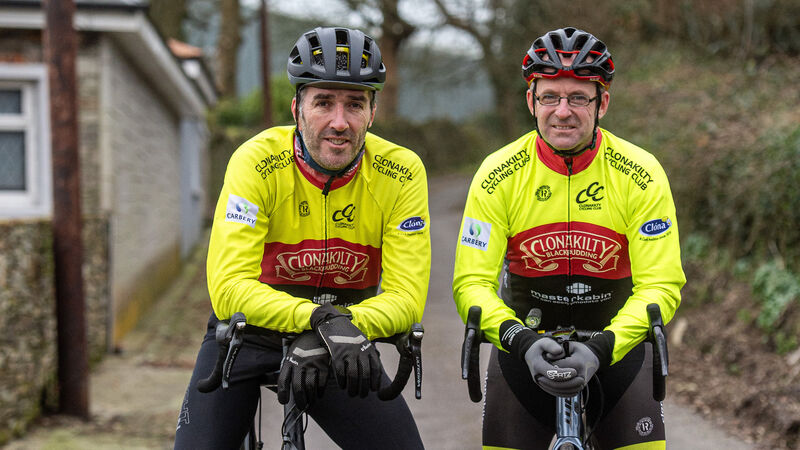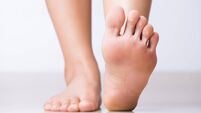Pedal power: Mid-life men on the health and social benefits of cycling

Cyclists Adam Brophy and Jim Hennessy enjoy the mix of exercise and camaraderie. Picture: Dan Linehan
Jim Hennessy nailed 37,000km on his bike last year, but he’s a little shy about revealing this year’s target. “I can’t say, because I haven’t told my wife yet,” he says with a laugh.











